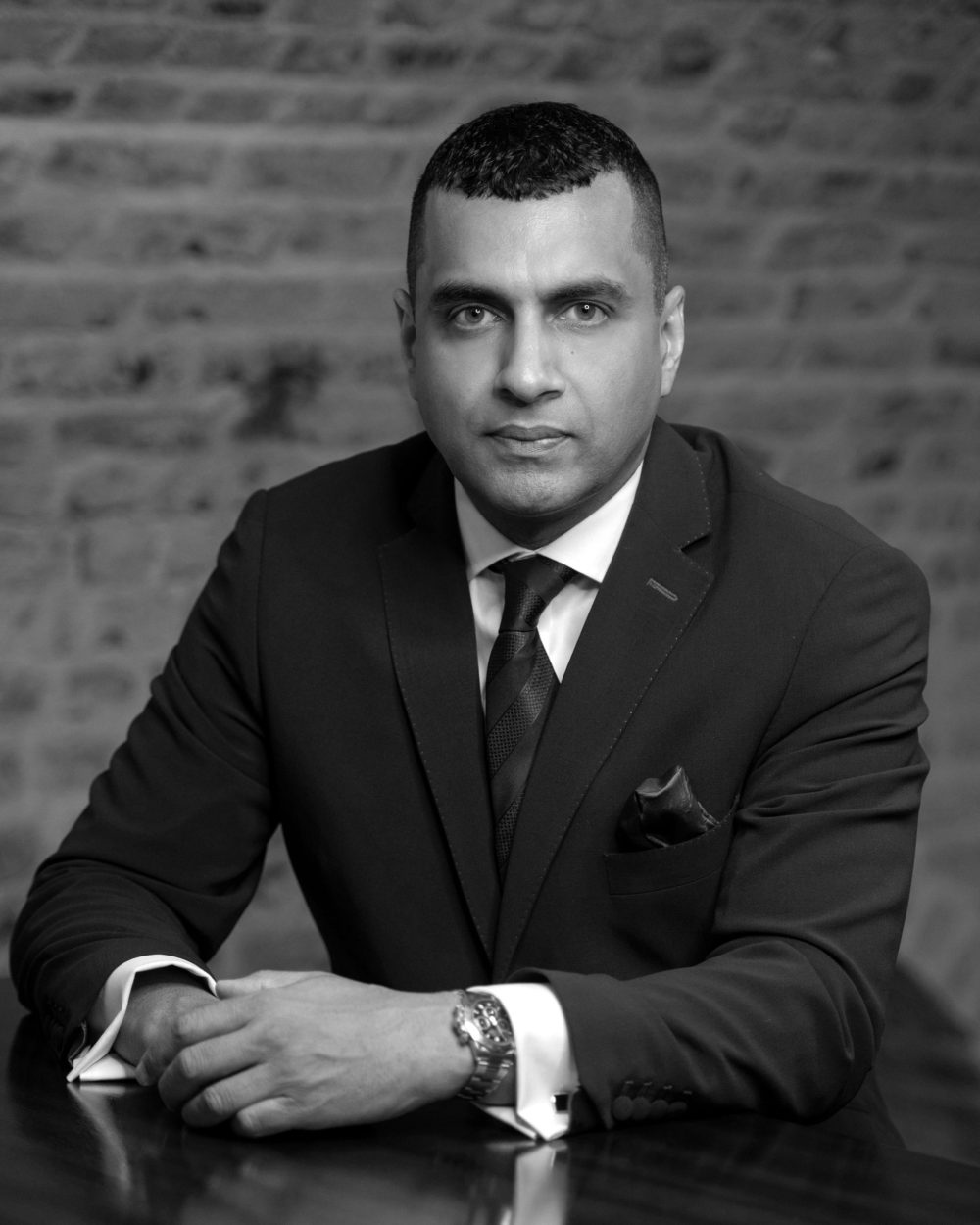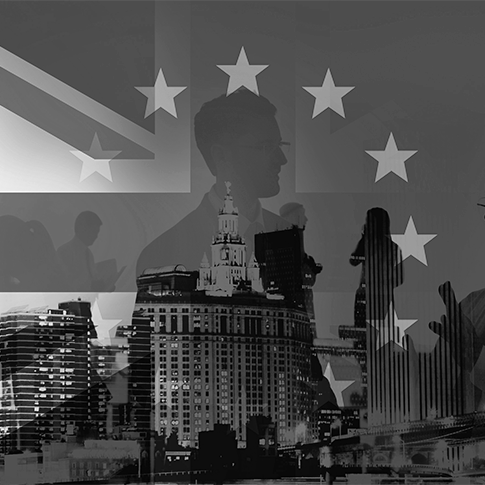Civil Fraud & Asset Recovery
Asset Tracing And Recovery
We are reputed fraud litigation and asset recovery lawyers. Whether you or your business are the victim of fraud or you are being accused of fraud, we have a team of civil and criminal lawyers who can help you.
If you are the victim of fraud, we move quickly to recover your losses, protect your assets and prevent the dissipation of your opponent’s assets to ensure enforcement is possible at the conclusion of the proceedings.
If you are accused of fraud, we advise on any potential challenge to a freezing order and seek to protect your position and assets with quick, effective and practical advice.
We handle all aspects of civil fraud, starting with initial freezing, search and disclosure orders through to trial and enforcement, including involvement in insolvency proceedings.
Our asset tracing and recovery lawyers act for both claimants and defendants across all stages of litigation. We excel in initiating or defending claims involving fraudulent misrepresentation, breach of fiduciary duty, unlawful means conspiracy, unjust enrichment, abuse of position, bribery, breach of trust and breach of contract.
Why choose us:
- Specialised Expertise: Our dedicated team combines deep legal expertise with a proactive approach to deliver results efficiently and effectively.
- Strategic Approach: We devise customised strategies tailored to each case, ensuring a comprehensive and targeted approach to recovering assets and combating fraud.
- Industry Recognition: We are recognised for our excellence in civil fraud and asset recovery, trusted by clients for our robust representation and history of success.
Whether you are a victim of fraud seeking to recover misappropriated assets or accused of fraud, we are here to help. Trust KANGS for unparalleled expertise and dedicated service in civil fraud and asset recovery matters.
Testimonials
Got a question?
What areas of Asset Recovery can KANGS help with?
The need to act with skill, speed and expertise is paramount in civil fraud litigation whether you are pursuing a claim or defending one. Early strategic and tactical advice is often critical to a civil fraud action.
On discovery of fraudulent activity, we can provide clients with a clear assessment on the merits of bringing a civil fraud claim, including conducting an internal investigation and assessing whether any interim relief should be sought such as a freezing order or a search order. We appreciate the ultimate aim is to achieve the maximum return of defrauded funds and assets.
For clients accused of fraud, we undertake a robust analysis of any interim relief applied for by the claimant, such as a freezing order, and take an early view on whether it meets the requisite legal requirement or whether it is susceptible to challenge and suitable for an application for discharge. Speed is of the essence in such situations to avoid a client being prejudiced at a later stage.
Our expert civil fraud lawyers cover the following areas:
- Conducting internal investigations to ascertain the perpetrators of the fraud and their methods within companies and organisations
- Worldwide freezing orders, search and seizure orders, disclosure orders, Norwich Pharmacal orders and receivership orders
- Proprietary injunctions and orders for the preservation of property and other evidence
- Complex and high value disputes
- Cross-border and multi-jurisdictional issues
- Asset tracing and asset recovery on a worldwide basis of misappropriated assets
- Allegations of deceit, bribery, unlawful means conspiracy, carousel/MTIC fraud, breach of fiduciary and directors’ duties and fraudulent misrepresentation
- Boiler room frauds and bogus investment schemes
- Accessory liability claims for unjust enrichment, knowing receipt and dishonest assistance against persons who have assisted and/or benefitted from a fraud
- Enforcement of civil fraud judgements including specialist insolvency proceedings
How can KANGS help?
Our experienced team of asset tracing solicitors understand the strategic and multi-layered approach that is required to successfully conduct a case when dealing with issues of civil fraud, asset tracing and asset recovery.
We have considerable expertise in this area and we work in conjunction with the leading barristers and Kings Counsel (KCs) in the country in this specialist area of law.
The areas we can assist you with include:
- Immediate asset recovery advice and assistance on discovery of a fraud
- Arrange the infrastructure for an immediate and effective internal investigation
- Pursue or defend any of the Interim Relief Orders such as a freezing order
- Guidance on whether the freezing order should be challenged and whether an application for its discharge to the High Court is appropriate
- Advice on varying any aspect of the freezing order
- Conduct the High Court litigation with a view to securing the protection of your position and assets
- Utilise our previous experience of fraud litigation to know when and how to apply appropriate pressure on an opponent for your benefit
- Negotiate with an opposing party when appropriate to include ADR
- Advise on any settlement proposal based on our experience, knowledge and awareness of civil fraud litigation
- Advice and assistance on the enforcement of any court judgement including insolvency proceedings.
What preliminary considerations do KANGS undertake?
In the early stages of a civil fraud matter, our asset recovery and civil fraud solicitors team will focus on a number of considerations including ‘interim relief orders’. In particular we will assess the need for:
- An internal investigation
- A freezing order
- A search order
- A Norwich Pharmacal order
- A receivership order
Contact KANGS
The expert lawyers at KANGS are available to assist you. We can arrange initial consultations in person, by video call or telephone.
Please contact one of our experts listed below or contact us at:
Whats the difference between Criminal Fraud and Civil Fraud?
A civil action for fraud is a private action brought by an individual or organisation (the claimant) against another individual or organisation (the defendant). If the victim of a fraud reports the matter to a law enforcement agency and there is sufficient evidence to prosecute the alleged perpetrator (the defendant), it becomes the responsibility of the prosecuting authority to bring the case to court.
If, for any reason, the prosecuting authority decides not to bring a prosecution, it is open to the victim to bring a private criminal prosecution in the criminal court.
What is an Internal Investigation?
When a fraud is suspected or uncovered, immediate action is required in order to safeguard the position of the company or organisation.
This early ‘evidence gathering’ stage is critical to the success of any civil fraud claim.
We are able to assist clients at short notice and assemble a multi-disciplinary team to get to work immediately on an internal investigation of the company or organisation.
Depending on the nature, scale and jurisdictions of the fraud, we are able to call upon our longstanding relationships with forensic accountants, investigators, cyber experts, reputation managers and foreign lawyers to assist in this process.
We coordinate this highly skilled and specialist group of experts to ensure that the end result of the internal investigation provides us with strong admissible evidence on which to base a claim for civil fraud in the High Court.
What is a Freezing Order?
The Applicant’s Perspective
The purpose of a freezing order is to freeze the assets of the respondent/defendant until the litigation is resolved. It prevents the defendant from dealing with assets and thereby removes the risk of the defendant diminishing the value of the assets or dissipating them.
The assets can include property, bank accounts, vehicles and shareholdings.
A freezing order is granted on an ex parte basis by the High Court which means that only the claimant will be present at court for the hearing. The defendant will only become aware of the freezing order when notice of its issue has been served on him.
The High Court will grant a freezing order over the assets of a defendant if it can be shown that there is:
- A good arguable case – meaning that the civil fraud claim is a good and arguable one, and
- Risk of dissipation – where fraud is being alleged the court is generally more likely to find such risk exists.
The Defendant’s Perspective
It is important for the respondent/defendant to seek immediate legal advice and assistance once he has been served with a freezing order.
A freezing order contains a Penal Notice requiring the defendant to comply with it or face the prospect of contempt of court proceedings which can result in a fine and/or imprisonment.
The freezing order requires the defendant to provide detailed financial disclosure within specified time limits.
In addition, the court may make ancillary orders requiring the defendant to produce or surrender certain documents as well as to deliver up certain assets.
The defendant will have an opportunity to advance his version of events to the court at the ‘return date’ hearing in the High Court when the freezing order will be reviewed.
If appropriate grounds exist, the defendant is entitled to apply to vary or discharge the freezing order. Such an application can be based on a variety of reasons such as, there is no ‘good arguable case’, there is no ‘risk of dissipation’, the original ex parte application failed to mention materially relevant information or the court has no jurisdiction to grant a freezing order.
What are Search Orders?
A search order enables representatives of the applicant/claimant to enter premises controlled by the defendant and remove or copy any documents, information or material specified in the order.
The application is made on an ex parte basis to the High Court by the claimant meaning the defendant will not be aware of the application.
It is a measure of last resort and granted in instances where there is the real possibility that the defendant will engage in the destruction or disposal of documents and material that are of relevance to the claimant’s case.
The court will grant a search order in support of a fraud claim if it is satisfied that this is the only way to preserve evidence for trial.
The execution of a search order requires an independent solicitor to supervise the search. The supervising solicitor is required to manage the search team which may include non-lawyers such as cyber experts for securing electronic data at the premises.
What is a Norwich Pharmacal Order?
Unlike a Search Order, a Norwich Pharmacal order is obtained against a third party, such as a bank, and not against the defendant.
The third party respondent is required to disclose documents, information or material to the applicant/claimant.
The order can be obtained before proceedings have been commenced and, in fact, it is available even when there is no intention to bring civil proceedings. A Norwich Pharmacal order is available once proceedings have been commenced and also post-judgment.
The common use of a Norwich Pharmacal order is to:
- Identify the proper defendant to an action
- Identify the extent of the wrongdoing
- To obtain information to plead a claim
Whilst a Norwich Pharmacal order is not generally available against a defendant, the third party to whom it is directed must be either involved or mixed up in some wrongdoing, whether innocently or not.
If the application is made ex parte, the claimant has an obligation to make full and frank disclosure of all material facts.
The respondent may refuse to comply with the order and provide the requested information on the grounds of privilege against self-incrimination.
Once proceedings have commenced, it is possible to apply to the court for disclosure from a person who is not a party to the proceedings.
What are Receivership Orders?
Receivership orders can be applied for once a freezing order has been granted. There is no requirement to wait for the final judgement in the substantive proceedings before a receiver can be appointed.
The freezing order freezes the asset(s) and prevents the defendant from dealing with them but it does not allow another person to assume ownership rights and control over the same.
The receivership order allows the appointed receiver to take control of the assets and control any income deriving from the assets such as rental income or dividend income.
A defendant can oppose the imposition of a receivership order on the basis that such an intrusive order is unreasonable in all the circumstances and by proposing alternative arrangements for the management of the assets.
Parallel Criminal Fraud Proceedings
If the case involves a parallel criminal fraud investigation, our award-winning criminal fraud team is able to assist clients manage this process.
News & Insights
Cross-Border Insolvency | The Effects of BREXIT
Get in touch
Send an enquiry






